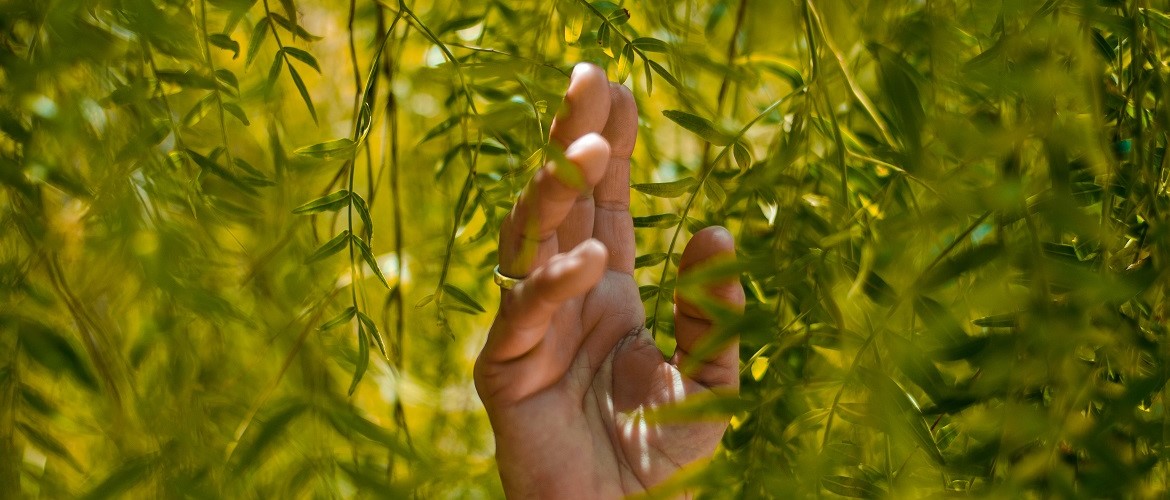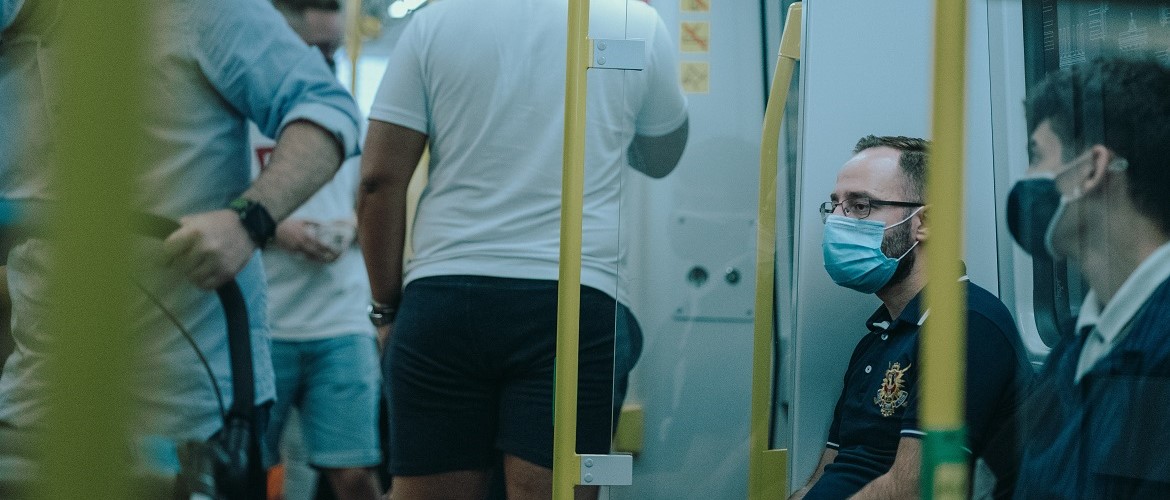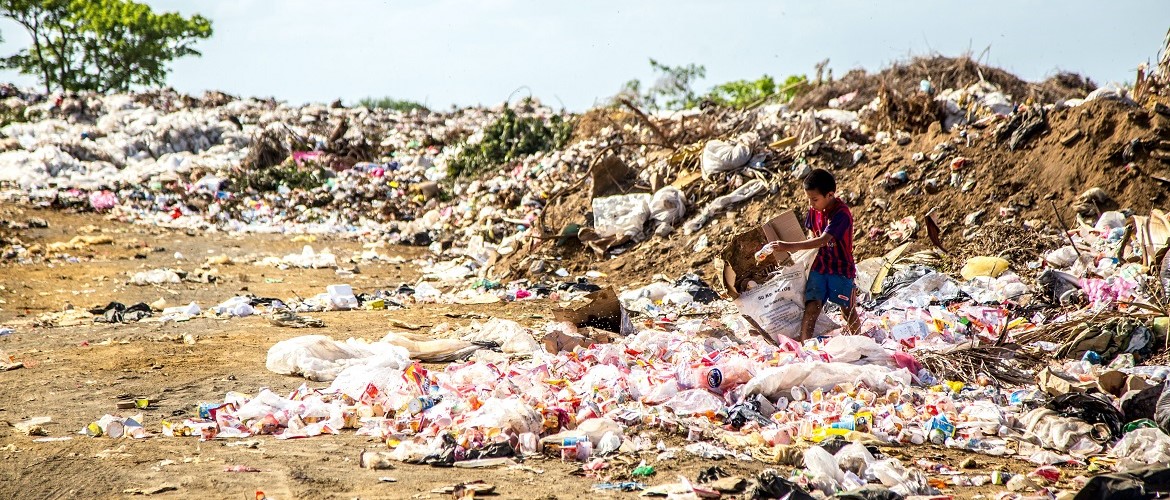2020-21 winners

Entrants to the 2020-21 Global Sustainable Development (GSD) Competition answered one of the following questions:
-
Do you think that the society we live in can be sustainable or do we need to change our habits fundamentally?
-
What do you think are the biggest sustainable development challenges raised by the COVID-19 pandemic?
-
What would be the most desirable outcome of the UN Climate Change Conference (COP26)?
In the five years that we have run the competition, this year we received the highest number of entries yet! Our judging panel reviewed the submissions, selecting the shortlist and the overall winners. The shortlisted entrants were invited to a virtual event in July 2021. The event involved interactive discussions around global sustainable development and we announced the commended entries, the runners-up, and the winners of the competition.
Creative Submissions
Runner-up
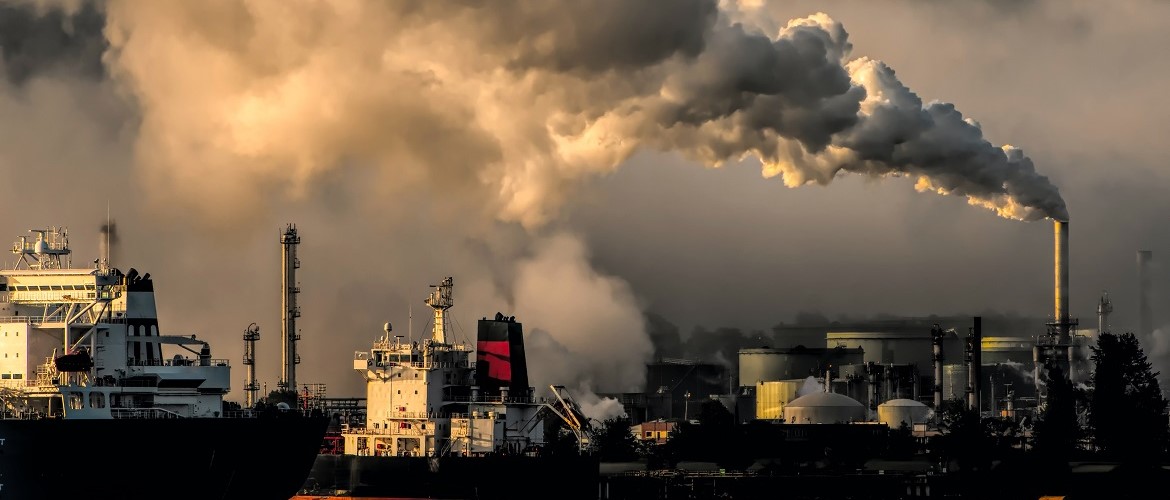
Summer Fu, Simon Meng, Daniel Sun, Coco Zeng, Zhichen Xia
This group submission directly tackles the question of whether society needs to change to be sustainable. The painting depicts the last moment of our society, highlighting the urgent action needed to avoid apocalypse. Symbolism is used to represent the capitalistic and consumerist behaviours of modern society by incorporating plastic, smoke and factories. The painting also tackles themes of short-sightedness, powerlessness and attempts to alert people in the face of the climate crisis.
Runner-up
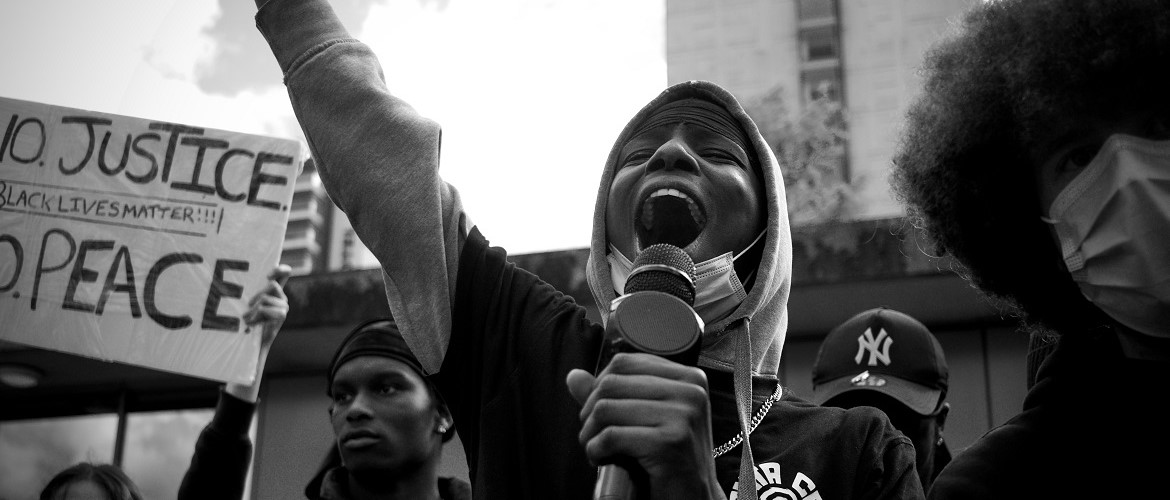
Peter Gospel Ho, Emma Batty Sukerta, Kyara Hafiza Saliha
The authors address the impact of COVID-19 on social inequalities through an engaging and informative news podcast, highlighting a broad range of social injustices that are supported by statistics and real-life case studies. In a short space of time, the group cover a lot of ground, referring to GSD-relevant issues such as the digital divide, health care access, and the wealth disparities between the world’s poorest workers and billionaires along with multinational corporations.
Winner
Prabhas Vedagiri
Across Prabhas' poems, he gives excellent perspectives on sustainability issues. The first poem ‘Chaos’ whimsically expresses the uncontrolled beauty of nature. The second poem contrastingly named ‘Order’ draws on personal observations of governance and politics globally and expresses a dark and powerful critique of leaders and our lifestyle. The third poem ‘Lost’ written from the perspective of an ‘indigenous tribe member’, discusses displacement and the destruction of their home. The final poem, ‘Ignored’ presents a dystopian image of the environment in the heat of the climate crisis.
Prabhas was invited by GLOBUS to submit their poems for publication.
Essay submissions
Runner-up
Jenna Hunter
Jenna's essay holistically addresses whether society must change its habits to be sustainable. She questions the goal of GDP growth and suggests that we use a measure that acknowledges the social and environmental elements of sustainability. Jenna also highlights unequal power and wealth relations recognising that those who suffer most from the impacts of unsustainable practices often did little to contribute to them. Finally, this essay recognises a need for a collective shift away from consumerist and unethical choices.
"The pain of this ecological rampage is felt most by those with the least environmental impact, influence, and the resilience to absorb its destructive effects."
Jenna Hunter
Runner-up
Daniel Keith Chan
Daniel offers a well-structured three-part recommendation of the COP meetings: wrapping up outstanding items in previous negotiations, furthering the current acceleration of climate actions, and suggesting new sustainable solutions from a wide range of stakeholders. Moreover, Daniel's extensive research on the complexities of COP26 is clear through the nuanced understanding of the political requirements for widespread sustainable development, and the recognition of the nature of the Paris Agreement.
"COP26 serves as an optimum venue to turn remote targets into immediate action."
Daniel Keith Chan
Winner
Clint Broadhead
In a compelling essay worthy of first place, Clint explores the ‘capitalist fixation around profits,’ providing well-justified examples of how the ideology of corporations and governments has contributed to the unsustainability of our society. Clint explains how they jeopardise planetary boundaries, as exemplified by the 2010 Deepwater Horizon oil spill or the fate of nations like Kiribati ‘on their knees as victims of our high consumption.’ The language used in this essay is particularly gripping and emotive, drawing the reader in, with a hopeful concluding message regarding the ‘ability of the people to wrestle our future away from the omnipotent corporations at the head of our means of production.’
Clint was invited by GLOBUS to submit their essay for publication.
Commended
Mercedes Noelia Hainzl Fernández
Mercedes' podcast discusses sustainable development during the COVID-19 pandemic such as the exacerbation of socio-economic disparities and lack of international solidarity. Mercedes compares the pandemic to the climate crisis through a discussion of global effects and inefficient mitigation policies. The podcast is informative and interestingly suggests COVID-19 could be a wake-up call to society to take collective action against both crises.
James Sarginson
By conducting research with 191 people(!), James' essay is worthy of commendation. James analyses the use of face masks during the COVID-19 pandemic, the amount of waste accumulated through their disposable nature and the consequent environmental impacts. The primary research was carried out in the local area to find out the proportion of those who used disposable or washable masks and concluded that there was a significant amount of unnecessary waste.


